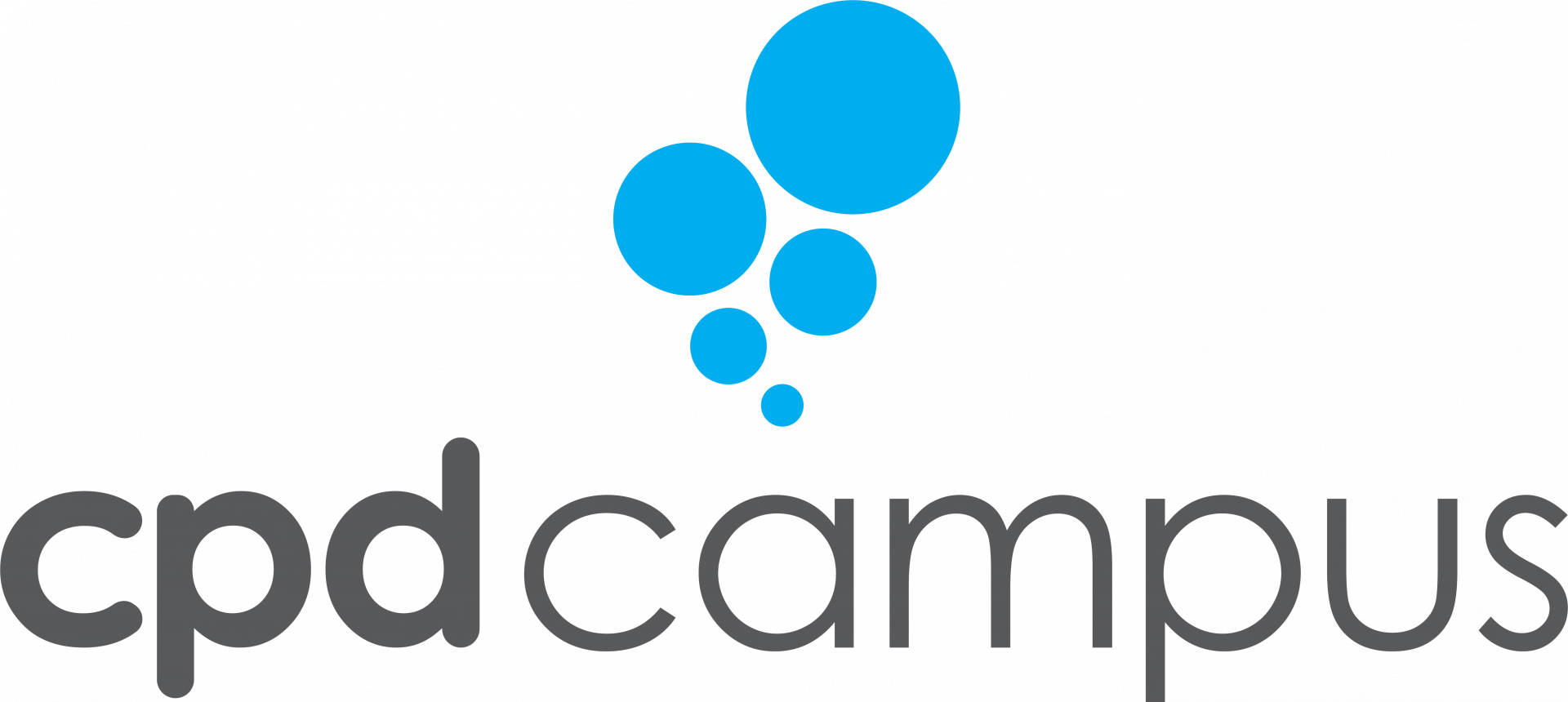The auditing profession is a tough one in which one must constantly stay up to date with changes – changes in IFRS standards, tax and other legislation and then, also auditing pronouncements.
In previous years, there have not really been regular changes to the auditing standards, but that has changed and standards are now changing more regularly to keep up with the demand of the profession, including technological advances and business failures.
Some changes in auditing and assurance standards that were addressed in the recent Annual Audit and Assurance update webinar, include the following:
ISA 315 (Revised 2019)
In our webinar, we discussed a quick overview of the changes in this revision
of the standard. For a more detailed session on this standard, readers and
delegates are referred to the on-demand short course that addresses the
standard in detail.
In our webinar we addressed the major enhancements and clarified terms such as
‘relevant assertions’, ‘significant classes of transactions, account balances
or disclosures’ and ‘the spectrum of inherent risk’. The standard places extra
focus on the auditor’s understanding of the auditee’s use of information
technology in their information system and the auditor’s consideration of
general IT controls.
ISQM 1
With reference to the webinar held early 2022, where this standard was
addressed in detail, the annual update webinar provided a high-level overview
of the requirements for a firm to have a system of quality management that
establishes quality objectives, identifies and assesses quality risks and then
designs and implements responses to these quality risks. The requirements for
monitoring and evaluation were also addressed. Firms are encouraged to start
implementing ISQM 1, because the effective date for this standard is already 15
December 2022!
Agreed upon procedures (ISRS 4400 revised)
The revised standard is already effective for all agreed-upon procedures where the terms of engagement were agreed on or after 1 January 2022. This standard has been updated to include a reference that the practitioner performing the engagement must comply with the relevant ethical requirements. The practitioner determines if independence is part of those relevant ethical requirements and then acts accordingly, including a reference thereto in the engagement letter and in the report. Look out for a more detailed webinar addressing the requirements and practical application of this standard.
IRBA Disciplinary rules
The IRBA revised the disciplinary rules with effect from 1 April 2022. These are not the same as the rules regarding improper conduct; although they are also important, these were already revised in 2019 and effective from 1 January 2020. One substantial change in the disciplinary rules include that the IRBA will refer any non-audit complaints to the registered auditor’s accredited professional body for investigation, therefore allowing the IRBA to focus their resources and effort on audit-related complaints. Another important change is the inclusion of the so-called ‘search and seizure rules’ that may allow a person, authorised by the relevant authority in the IRBA, to enter premises to search and seize information, documentation or items for the purpose of an investigation. Auditors are advised to familiarise themselves with these rules and to obtain legal advice when necessary.
IRBA annual renewals requirements
The IRBA has amended its registration and renewal processes to address a seemingly growing trend of non-compliance by registered auditors with CPD and other requirements or even being significantly indebted to SARS. Registered auditors and registered candidate auditors should familiarise themselves with requirements of when they need to submit a police clearance certificate, proof of good standing with SAICA and declare their tax compliance.
Looking ahead, we had a quick look at standards which are not yet effective, where firms still have a bit more time before implementation dates.
- ISA 220 (Revised) and ISQM 2, the two remaining standards included in the quality management suite of standards. The effective date for these two standards is for the audits of financial statements for periods beginning on or after 15 December 2022.
- ISA 600, the standard with special considerations for audits of group financial statements. The effective date for this standard is only for audits of financial statements for periods beginning on or after 15 December 2023.
- The proposed IRBA rules for quality management standards. The rules are only proposed at this stage and readers and attendees of the webinar are encouraged to comment on the proposals. The comment period closes on 19 August 2022 and the rules are likely to be finalised in the fourth quarter of 2022.


